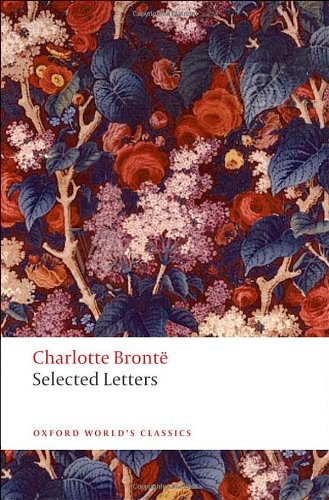go: advancement in victorian lit
ENGL 200 | University of Washington
Class description
Advancement in Victorian Lit will examine the themes of progress, motion, and self-improvement in British literary work of the 19th century. Though we’ll focus on the novel as a form (and as a forum for the values of social mobility), we’ll also read short stories, correspondence, sermons, and occasional essays in order to recreate the national mood of an empire in which everything seemed possible: poverty eradicated, education for all, railroads creating an early information superhighway.
Amidst breakneck change, and blinding speed, Victorian fiction laid out a national character and an aesthetic charter that, in some sense, still holds; when most people today think of a novel, they’re thinking of the novel that the Victorians invented.
Student Learning Goals
Throughout the quarter, we will come to know some things about the art of writing fiction--how stories are built, what they can do, why they might matter-- and some other things about the art of reading it. Furthermore, we will build a familiarity with the particularities of our elected period: what life was like (and thereby what art was like) in in Britain under Queen Victoria, and find en route some keys to unlocking fiction as a genre whose chief (though not sole) benefit is delight. Importantly, we’ll also learn to engage written texts critically: to think forcefully, and to write well.
Recommended Preparation
Reading long passages of fiction can be taxing and time-consuming, and active participation in class discussion can require inordinate preparation. For those of you who are slower readers (like me) I recommend getting the books as soon as you can, and starting all of them. It will be better for you to have read the first 5 chapters of each text, rather than completing one of them. Start early; read carefully; annotate freely.
General Method of Instruction
This course’s approach to mastery is pluriform. We’ll have lectures, site-visits, dramatic readings, guest speakers and frequent (compelling) class-discussion, for which you are expected to prepare and in which you are required to participate. No spectators.
Class Assignments and Grading
Engagement is the first assignment, and reading, the second. Beyond that, expect (3) short papers (4-5 pgs.) which will undergo significant revision in response to peer and instructor feedback, in accordance with the university’s “W” requirement, a weekly reading journal, and an in-class presentation.



